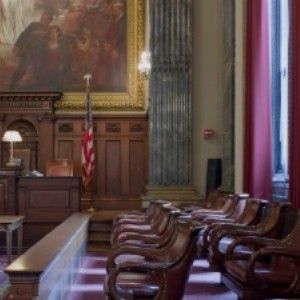What does double jeopardy have to do with jury nullification?

The prohibition against double jeopardy is one of the features of our legal system that puts teeth in a jury's verdict of not guilty.
Law professor James Joseph Duane note in his paper "Jury Nullification: The Top Secret Constitutional Right" that:
...the roots of nullification also run deep into the Double Jeopardy Clause. Even where the jury’s verdict of not guilty seems indefensible, that clause prevents the State from pursuing even the limited remedy of a new trial. This rule, by design, gives juries the power to “err upon the side of mercy” by entering “an unassailable but unreasonable verdict of ‘not guilty.’” Jackson v. Virginia, 443 U.S. 307, 317 n.10 (1979).
Because a person who has been acquitted by a jury of one or more charges cannot be retried on those charges for the same instance of offense, a jury has the final say—even if their not guilty verdict was a conscientious acquittal by jury nullification.
Without the prohibition against double jeopardy, the government could simply retry acquittals anytime it disagreed with the jury's decision. This would likely be particularly attractive to prosecutors in cases where jurors choose to conscientiously acquit the defendant by exercising their right of jury nullification.
Reference:
Duane, James, Jury Nullification: The Top Secret Constitutional Right (May 2, 1996). Available at SSRN:
https://ssrn.com/abstract=3259323 or http://dx.doi.org/10.2139/ssrn.3259323
-
Estimated Convictions Obtained by Plea Bargain
97%
-
Extra Punishment for Refusing a Plea Deal
64%
-
Rank of U.S. in Incarceration
1
-
Years FIJA Has Fought for Jury Rights
36


